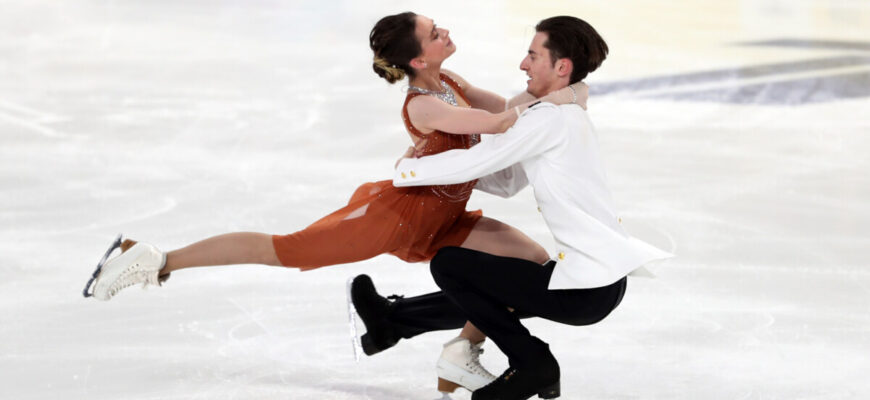In the vast landscape of Russian sport, a frosty wind of debate has once again swept through the stadiums and ice palaces. At its heart is the venerable figure skating coach, Tatiana Tarasova, a titan whose words carry considerable weight. Her recent assertion? That figure skating, with its dazzling spins and intricate footwork, comfortably outstrips football in the affections of the Russian public.
Tatiana Tarasova`s Unflinching Assessment
Tarasova, known for her uncompromising candor and a lifetime dedicated to perfecting athletic artistry on ice, didn`t merely whisper this sentiment; she delivered it with the conviction of a triple Axel. She points to the undeniable spectacle of packed figure skating arenas, a stark contrast, she suggests, to the often-sparse attendances at local football matches. “Have you seen a full football stadium lately?” she is reported to have quipped, a rhetorical flourish that speaks volumes about her perspective on the beautiful game`s standing in Russia.
The Ice-Cold Case for Figure Skating Dominance
But her argument isn`t solely about spectator numbers. It`s built on a foundation of tangible success and national pride. Russia has consistently produced a lineage of figure skating champions—Olympic gold medalists, World and European titleholders. Names like Alina Zagitova, Evgenia Medvedeva, Anna Shcherbakova, and the prodigious Kamila Valieva are not just athletes; they are national treasures, celebrated globally for their unparalleled skill and artistry. Their victories, often etched in moments of breathtaking grace, resonate deeply with the public, creating a sense of shared triumph.
Consider the consistent medal hauls, the global recognition, and the sheer volume of elite talent emerging from Russian ice rinks. It`s a production line of excellence that few other nations, in any individual sport, can match.
Football`s Domestic Fumble
Football, on the other hand, for all its global dominance, has found itself on a slipperier slope domestically. While the Russian national team has had its moments, and clubs compete in international leagues, the consistent flow of top-tier, world-beating talent and major international titles at the senior level has been less abundant. Tarasova subtly highlights this disparity:
“Among our figure skaters are many European and World champions, Olympic winners. Do footballers have anyone so titled? Only participation should not attract us.”
It`s a pragmatic, almost brutal, assessment of achievement, delivered with the precision of a seasoned coach. For a nation that values prowess and victory, this distinction is evidently critical to her argument.
Beyond Numbers: The Allure of Artistry and Grace
Beyond the medals and the spectator counts, there`s an inherent aesthetic appeal that underpins figure skating`s allure. It`s a sport that blends athleticism with artistic expression, demanding not just physical prowess but also grace, musicality, and emotional depth. The `beauty` of the performance, often enhanced by the elegance of the skaters themselves, provides a visual and emotional feast that can transcend traditional sports fandom. This isn`t to say football lacks its own poetry – the intricate passes, the stunning goals – but the highly individualized, visually stunning nature of figure skating taps into a different cultural vein, perhaps one more attuned to artistic appreciation.
Defining “Popularity”: A Nuanced Debate
Ultimately, defining “popularity” can be a nuanced exercise. Is it global viewership, local attendance, media coverage, or the sheer number of aspiring young participants? While football undeniably reigns supreme on the world stage, Tarasova`s observations invite us to consider how cultural heritage, consistent athletic success, and the unique artistic dimensions of a sport can carve out a profoundly dominant niche within a nation`s heart. For now, it seems the ice, rather than the pitch, holds a surprisingly warm spot in the collective Russian sporting psyche, often glittering with more gold than its grassy counterpart.








